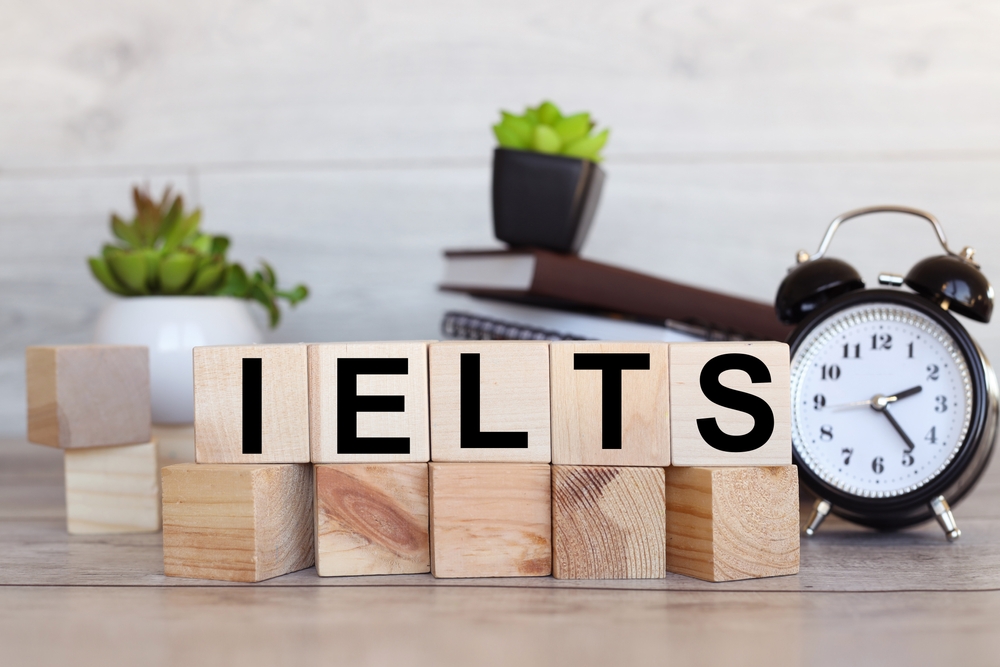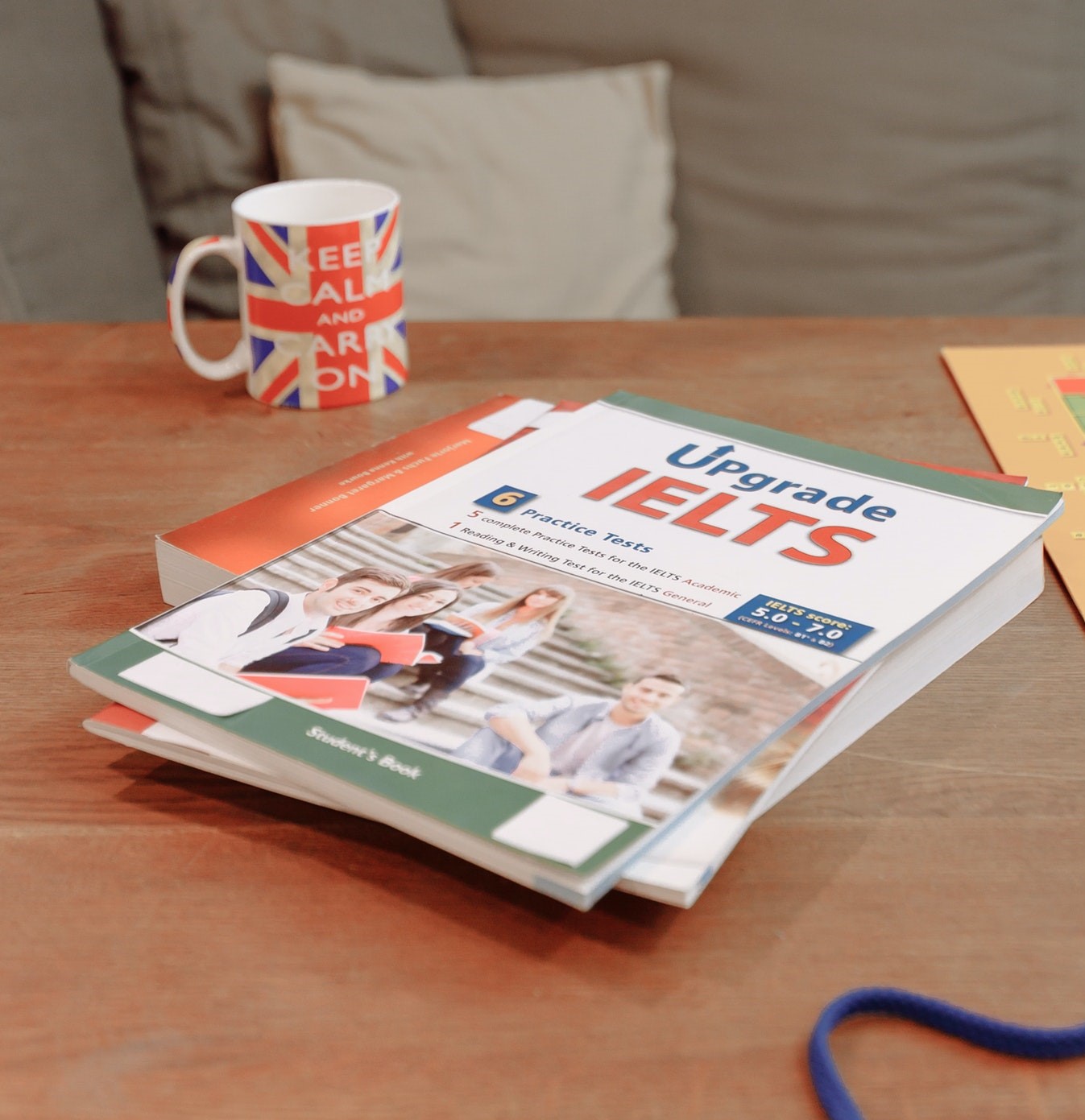My 10 Tips for IELTS speaking success.
Important dos and don’ts for the IELTS speaking exam
1.Practice, practice and practice
It is critical to understand how the IELTS speaking exam works, as well as what the examiner is looking for and listening for in your speaking exam. When you understand this, you will be able to focus on the fundamentals you need to work on, improve your weak points, and have confidence in your speaking exam.
Speaking English is, of course, a skill that, like all skills, requires a lot of practice to improve your fluency. As you prepare for your speaking exam, it is critical that you have the opportunity to practice your spoken English. Too many students complain that they never get the chance to communicate with and practice speaking with native English speakers.
All you need is an internet connection to find opportunities to practice with others. On all social media platforms, there are numerous groups where you can find other IELTS candidates looking for an online speaking partner. Go to Facebook, Twitter, or whatever the most popular social media platforms in your country are.
Another excellent way to prepare for your IELTS speaking exam at home is to record yourself answering IELTS speaking questions using your mobile phone or computer webcam. When you play back your recording, you will hear what the IELTS examiner is hearing, giving you the opportunity to correct your grammar, pronunciation, and general fluency.
Think twice about paying money to join a large-sized class in an English training centre, where you will most likely not get much speaking practice due to the class’s size.
Over the years, I’ve also noticed that many students who prepare for their IELTS speaking exam in a training centre focus too much on certain overused phrases, as well as memorising part 2 topics, which is not only a bad idea, but will lower your speaking band.
2.Warm up on the day of the exam.
 If you haven’t practiced speaking English in a few days or even a few hours before your speaking exam, it will take some time for you to warm up and start thinking in English again. Have you ever watched an athlete before they competed in a sporting event? Examine how they warm-up and stretch before the event to avoid injury and poor performance.
If you haven’t practiced speaking English in a few days or even a few hours before your speaking exam, it will take some time for you to warm up and start thinking in English again. Have you ever watched an athlete before they competed in a sporting event? Examine how they warm-up and stretch before the event to avoid injury and poor performance.
This is also true for the speaking exam, and keep in mind that the total time allotted for the IELTS speaking exam is only 15 minutes at most. Start practicing your spoken English first thing in the morning, and if you’re taking the bus, listen to an English podcast on the way.
Arrive at the testing centre early and try to find another student willing to practice with you so that when you meet the examiner, you will already be at your best. This will also help you relax, which is important when taking your speaking exam. This tip will also help you gain IELTS speaking success.
3. The IELTS examiner is your new friend
 The IELTS speaking examination is NOT a police interview!
The IELTS speaking examination is NOT a police interview!
When you’re called in, imagine the examiner as a new friend with whom you’d like to have an interesting and enjoyable conversation. You want to tell the examiner everything about yourself, your interests, tell a story, and express your thoughts and feelings. Believe me when I say that if you adopt this attitude, you will not only feel more relaxed, but you will also find it easier to speak, as well as speak and sound more naturally.
Another crucial point to remember is that you CAN ask the examiner a question if you don’t understand something they’ve asked you, and it will not affect your score. This isn’t limited to English; I’m sure you’ve had to ask a native speaker to repeat or explain a question in your own language. You should rarely have to do this in part 1 of the speaking exam, but there is a good chance that there will be a part 3 question that you will miss the first time you hear it. If this happens, don’t sit there and say nothing because it will hurt your fluency. Please ask the examiner to repeat or rephrase the question as soon as possible.
Do not remain silent while attempting to guess the question, especially in part 3, as it is very likely that you will guess incorrectly and begin talking off topic. Of course, you don’t want to do this too many times during the exam, but it is acceptable when necessary.
When you first look at the topic card in speaking part 2, if there is anything on the card that you don’t understand or are confused about, check with the examiner right away.
4.Speak naturally
This is another great tip for IELTS speaking success, and something i always work on with IELTS students, and it is, once again, a very important part of your exam if you want to achieve the required score. As previously stated, the speaking exam is not a police interview, part 2 is not a speech, and part 3 is all about your ideas and opinions.
The exam is also not a textbook exam, nor is it based on knowledge of specific topics. It is about your ability to communicate and express yourself. It’s all about you, so don’t try to memorise example speaking answers from the internet or an IELTS book.
When studying for the exam, watch a lot of YouTube videos and pay attention to how native speakers speak. Take note of the connected speech, as well as the use of intonation and other techniques. Pay close attention and put what you hear into practice. You don’t want to sound like a robot for the duration of the speaking exam, as this will lower your fluency score. Use a lot of intonation and keep expressing yourself as if you were speaking to a close friend.
This takes a lot of work and practice, and this is where I would consider working with an experienced IELTS speaking tutor for even just one good class.
5. Learn how to give yourself some time to think with difficult questions.
 If you are unsure about a question, don’t be afraid to think about it for a moment. This is completely natural, and native English speakers do it all the time. The most important thing is to let the examiner know that you understand the question and just need a moment to gather your thoughts.
If you are unsure about a question, don’t be afraid to think about it for a moment. This is completely natural, and native English speakers do it all the time. The most important thing is to let the examiner know that you understand the question and just need a moment to gather your thoughts.
- Do you think children are born smart or learn to become smart?
- Wow! that’s a difficult question. Let me think about that for a moment…
- That’s a very interesting question. Let me think for a moment…
- To be honest, I really have no idea, but perhaps/maybe/possibly….
- It’s very difficult to know exactly, but maybe/perhaps…
- It’s difficult to say. I think possibly…
- I don’t really know for sure, but I would say….
DO NOT start all your answers like this, and you should rarely, if ever need to use this language in part 1. In part 3 speaking, there is a real chance that you will need to start your answers with one or 2 of these phrases.
As i mentioned before, the IELTS speaking exam is not a textbook exam, and of course there are going to be possible part 3 questions that you have never met or thought about before. By using this language you are letting the examiner know that you do understand the question, but just need a moment to think about it.
6. Correcting errors (grammar, vocabulary, pronunciation).
This is something that I believe confuses some IELTS candidates. Let’s give it some thought. Do you ever make a mistake when speaking in your native language and quickly correct yourself? I’m sure you do, like most other people. If you make a grammar mistake during the IELTS speaking exam, quickly correct yourself to show the examiner.
To get a score higher than a 6, you must demonstrate to the examiner that you have a good basic understanding of the grammar involved, so don’t be afraid to correct yourself quickly. It can actually improve your score rather than lower it, as some people believe. Having said that, you don’t want to have to stop and think about the proper grammar. Correct yourself as soon as possible so that your fluency score does not suffer, and you can achieve that speaking success.
7.Balance grammar and fluency
 This is another topic on which many IELTS candidates have many questions. To get a good score in the IELTS speaking exam, you must demonstrate a wide range of grammar skills as well as fluency. If you pause and slow down to think of the proper grammar during your actual speaking exam, it will affect your fluency score, so you must strike a balance.
This is another topic on which many IELTS candidates have many questions. To get a good score in the IELTS speaking exam, you must demonstrate a wide range of grammar skills as well as fluency. If you pause and slow down to think of the proper grammar during your actual speaking exam, it will affect your fluency score, so you must strike a balance.
This is something you should practice at home while preparing for your speaking exam. We’ve already discussed recording yourself while practicing speaking, as well as how to play it back and listen for mistakes. This is the time to pay attention to any common grammar errors you are making and begin working on them. Do not think you can put off doing this until the day of the exam. It takes practice, just like everything else.
8 Prepare the language needed for a successful speaking exam.
The more familiar you become with the IELTS speaking exam, the more you will notice how a lot of the questions require the same functional language to answer correctly. This is especially important in part 3, where you will be required to use more advanced grammar and language in order to gain success and that score you need. So try to follow these tips for IELTS speaking success, and enjoy your IELTS journey.
Read more about Linking words for IELTS part 3 speaking success
You can read more about this in some of my previous part 3 posts, which i will link at the end of this article.
-
- Discussing problems – causes- solutions.
- Contrasting: past-present, male-female, young-old, rural – urban…
- Using and giving examples.
- Speculating: talking about the future, or some more abstract questions.
- Expressing and giving your opinion.
When speaking like this you will also have to work on becoming confident in mixed tenses, as you will often be discussing the past, present and future in the same answer.
9. Extending your answers (especially in part 3)
 Again this is something that you will find much easier to do after lots of practice, and I have already written some posts on this. When expanding your answers, linking words become more important in order to give you good cohesion.
Again this is something that you will find much easier to do after lots of practice, and I have already written some posts on this. When expanding your answers, linking words become more important in order to give you good cohesion.
To expand your answers you need to work on the language needed to do this.
- Giving examples
- Contrasting
- Concession (showing the two sides of something)
- Speculating (talking about something nobody really knows the answer to, for example the future.
- Explaining why something is.
10. Don’t try to show off.
There is often a lot of confusion among IELTS students who believe that in order to get a high score in the speaking exam, they must use a lot of big, complicated words in most of their answers. This is NOT correct and is a common misunderstanding. When native English speakers communicate with one another, they avoid using jargon and instead keep things simple.
It all comes down to communication, being able to express yourself clearly, and the examiner being able to follow you. Yes, you should have a diverse vocabulary to discuss various topics, but you don’t need any complicated words to do so.
You also don’t want to start using complicated words because there’s a good chance you won’t be able to pronounce them correctly or fully understand what they mean. Students frequently try to impress the examiner with a complicated word, only to end up mispronouncing it and using it out of context, resulting in a lower fluency score.
These are all good tips for your IELTS speaking exam, and I hope will give you some direction in your preparation. Remember to gain success and get the IELTS score you need takes lots of practice, and once you understand what the examiner is looking for, you will find it much easier to gain that success. Have a look at the links below for many more tips on the language need to do all of the things mentioned above.
More tips for how to speak in part 3
Linking words for IELTS part 3 speaking success
How to extend your IELTS speaking part 2



































